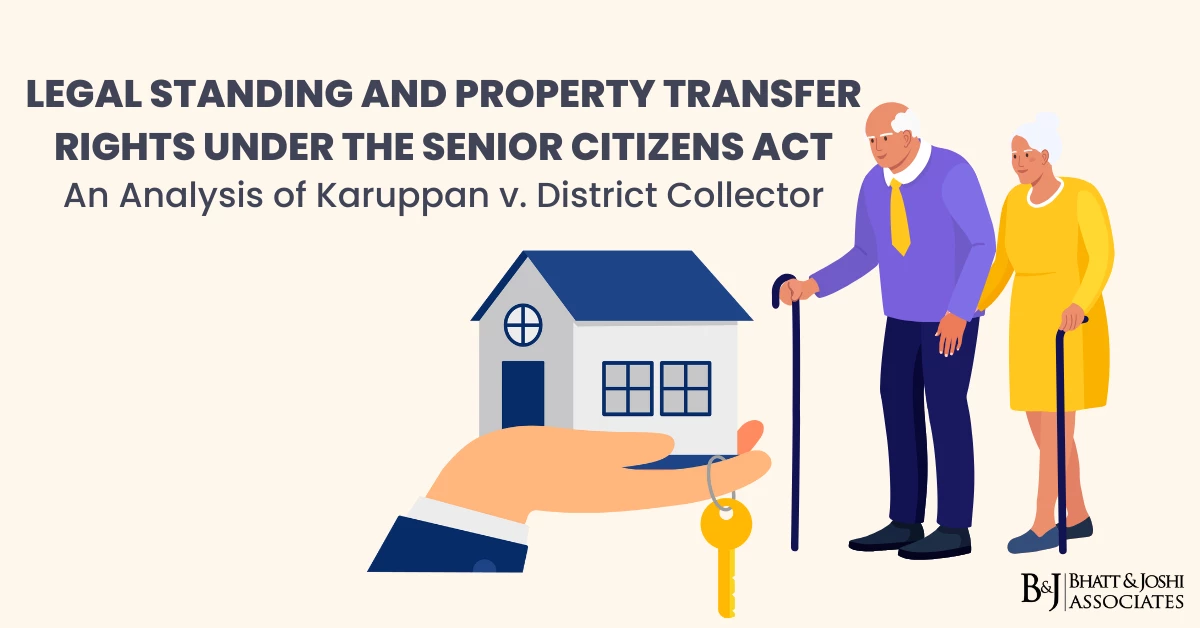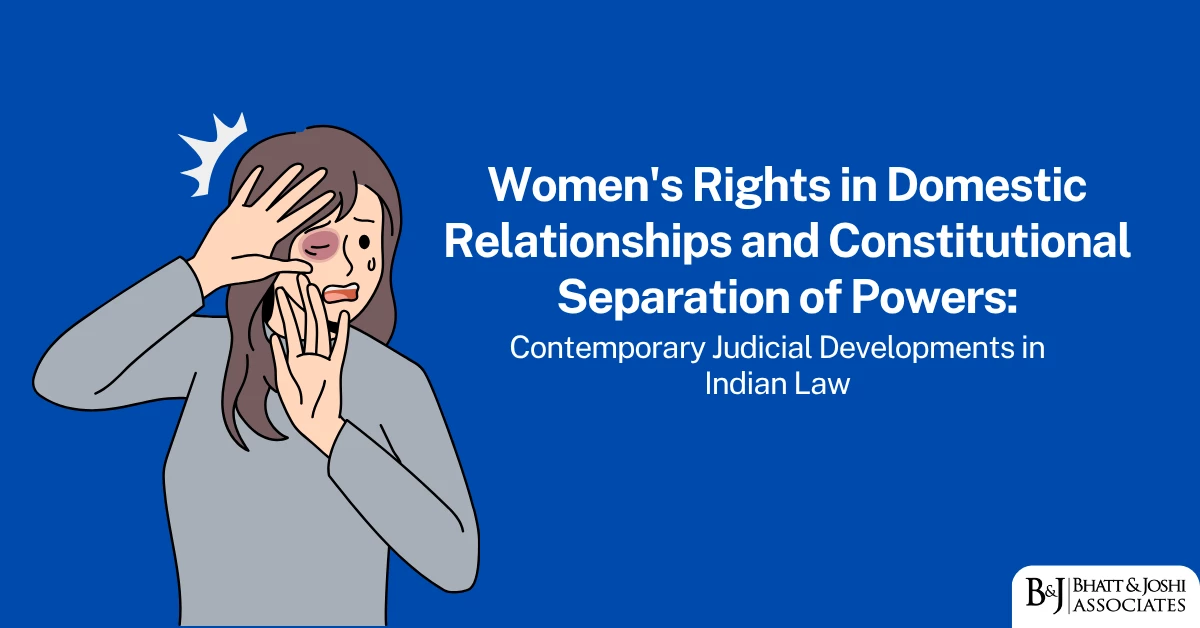Background
This Case revolves around the issue of unjust cancellation of GST registration. The petitioner, Apparent Marketing Private Limited, was granted registration under the UP GST Act, 2017, effective from 17.08.2017, for trading in Pan Masala and Tobacco. The petitioner claims to have filed its return on time and also claims to have deposited the due tax. Two surveys were conducted at the petitioner’s business premises, one on 15.12.2017 and another on 16.02.2018. However, no adverse material was discovered during these survey proceedings.

In this context, the petitioner received a notice through the e-portal of the revenue department on 22.07.2020, issued under Section 29 of the Act. The notice proposed to cancel the registration granted to the petitioner under the Act for the solitary reason that the firm was found to be “bogus” during the inspection of SIB, based on information received from headquarters.
The petitioner did not respond to the initial notice, and subsequently, the respondent authority cancelled the petitioner’s registration on 13.08.2020 without disclosing any further reason. The petitioner then filed an application for revocation of the cancellation order under Section 30 of the Act. However, the respondent authority rejected the application for revocation of cancellation of registration.
The petitioner challenged the rejection order in appeal, but the appeal was also dismissed. The Appeal Authority referred to the material now relied upon by the Revenue Authority in the shape of a survey report dated 15.12.2017.
The petitioner’s counsel argued that there was a gross violation of principles of natural justice on more than one count. The counsel pointed out that the cancellation of GST registration has serious consequences and takes away the fundamental rights of a citizen.
Prayer of the Applicant
The petitioner, aggrieved by the cancellation of GST registration and the subsequent dismissal of their appeal, sought the intervention of the court. They prayed for the following:
- The cancellation of GST registration was challenged as it was deemed to be done in violation of the principles of natural justice.
- The petitioner sought the revocation of the cancellation order, arguing that the cancellation had serious consequences and infringed upon their fundamental rights.
- The petitioner also challenged the dismissal of their appeal, pointing out that the Appeal Authority had failed to correct the procedural errors made by the original authority.
- The petitioner requested the court to set aside the orders dated 12.02.2021, 21.08.2020, and 13.08.2020, which they deemed to be unsustainable.
Legal Issues Involved
The case presented several legal issues that needed to be addressed:
- The primary issue was the cancellation of GST registration of the petitioner’s firm on the grounds of being “bogus”. The petitioner’s counsel argued that the term “bogus” was vague and not one of the conditions under Section 29(2) of the Act that could lead to the cancellation of GST registration. The counsel argued that the revenue authorities could not cancel the registration without specifying the exact nature of the charge and without presenting the petitioner with the exact material supporting such a charge.
- Another issue was the violation of the principles of natural justice. The petitioner’s counsel argued that the respondent authority did not provide the petitioner with the necessary opportunity to rebut the charge. The notice issued was vague and did not specify any reason permitted by the statute. The respondent authority was accused of conducting a mechanical exercise and cancelling the registration without providing a proper explanation.
- The counsel also pointed out that the Appeal Authority erred in considering the proceeding on merits by recording its own reason in support of the order of cancellation. The reasons noted by the Appeal Authority were deemed to be patently false.
- The last issue was the serious consequences of the cancellation of GST registration. The counsel argued that the cancellation took away the fundamental rights of a citizen.
Arguments made by Applicant
The advocate for the applicant, Praveen Kumar, made several arguments in defense of the petitioner:
- The advocate argued that the cancellation of GST registration was done in gross violation of the principles of natural justice. The petitioner was not given an opportunity to rebut the charges, and the notices issued were non-speaking. The notices did not specify any reason permitted by the statute, and the petitioner was not confronted with any adverse material to reach the conclusion drawn by the respondent authority. The advocate argued that the respondent authority conducted a mechanical exercise and cancelled the registration by merely describing the firm as “bogus” (Page 2, Para 4).
- The advocate also pointed out that the term “bogus” was not one of the conditions under Section 29(2) of the Act that could lead to the cancellation of GST registration. The advocate argued that the revenue authorities could not have cancelled the registration of the assessee by describing it as “bogus” without specifying the exact nature of the charge and without confronting the assessee with the exact material in support of such charge (Page 4, Para 10).
- The advocate further argued that the Appeal Authority erred in proceeding to consider the proceeding on merits by recording its own reason in support of the order of cancellation. The reasons noted by the Appeal Authority were deemed to be patently false (Page 4, Para 10).
- Lastly, the advocate argued that the cancellation of GST registration has serious consequences. It takes away the fundamental rights of a citizen (Page 5, Para 12).
Submission by Opposition
The opposition, represented by Jagdish Mishra, the learned Standing Counsel for the revenue, made the following submissions:
- The counsel argued that there was enough adverse material against the assessee to establish that it was a completely “bogus” firm. The firm had not conducted any business as disclosed. The registration had been obtained only for the purposes of creating a false paper trail of invoices (Page 4, Para 11).
- The counsel also pointed out that the assessee did not furnish any reply to the notice dated 13.08.2020, even though it was aware of the correct facts with respect to the survey conducted at its business premises. Therefore, the counsel argued that there was no error in the order passed by the Appeal Authority (Page 4, Para 11).
Important Observations of the Court
The court made several important observations during the proceedings:
- The court noted that the respondent authority did not make known to the assessee the exact charge that was being leveled against the assessee. This deprived the assessee of the necessary opportunity to rebut the charge (Page 7, Para 17).
- The court observed that the charge leveled in the notice dated 22.07.2020 and as was reiterated in the order dated 13.08.2020 and the further notice dated 21.08.2020 were wholly vague. It prevented the assessee from rebutting the same. The court stated that the statute contemplates the issuance of the notice in specified circumstances for specific grounds. Those could not be diluted or made vague by describing the assessee firm as “bogus” (Page 7, Para 18).
- The court pointed out that the Assessing Authority did not pass any order on 24.07.2020, the date fixed in the notice dated 22.07.2020 but chose to pass an order on 13.08.2020 without issuing any further notice. The court deemed this as unacceptable (Page 7, Para 19).
- The court found it remarkable that despite the reply having been furnished by the assessee, the order dated 21.08.2020 was as vague and defective as the initial notice. The court noted that no discussion had been made of the reply furnished by the assessee and no reason had been given why the ex parte order dated 13.08.2020 had not been recalled (Page 8, Para 20).
- The court concluded that for the reasons noted above, the orders dated 12.02.2021, 21.08.2020, and 13.08.2020 could not be sustained. They were set aside. The court left it open to the respondent authority to issue a fresh notice on any specified ground mentioned under Section 29(2) of the Act (Page 8, Para 22).
Important Provisions of Law
| Provision / Section of Law | What it Stands For |
|---|---|
| Section 29 of the UP GST Act, 2017 | This section deals with the cancellation of GST registration under the Act. The registration granted to a firm can be cancelled for specific reasons mentioned in this section. The term “bogus” is not one of the conditions under this section that could lead to the cancellation of registration. |
| Section 29(2) of the UP GST Act, 2017 | This subsection specifies the conditions under which the registration of a firm can be cancelled. These conditions include contravention of the provisions of the Act or the rules made thereunder, a person paying tax under section 10 has not furnished returns for three consecutive tax periods, any registered person, other than a person specified in clause (b), has not furnished returns for a continuous period of six months, etc. |
| Section 29(2)(c) of the UP GST Act, 2017 | This clause under subsection (2) states that the GST registration may be cancelled if the registered firm has not furnished its return for a continuous period of six months. |
| Section 29(2)(d) of the UP GST Act, 2017 | This clause under subsection (2) states that the registration may be cancelled if any taxable person, other than the person who has opted for the composition levy under section 10, has not furnished returns for a continuous period of six months. |
| Section 30 of the UP GST Act, 2017 | This section deals with the revocation of cancellation of GST registration. It states that subject to such conditions as may be prescribed, any registered person, whose registration is cancelled by the proper officer on his own motion, may apply to such officer for revocation of cancellation of the registration in the prescribed manner within thirty days from the date of service of the cancellation order. |
Conclusion
The court concluded that the orders dated 12.02.2021, 21.08.2020, and 13.08.2020 could not be sustained due to the reasons noted during the proceedings. These orders were set aside. The court left it open to the respondent authority to issue a fresh notice on any specified ground mentioned under Section 29(2) of the Act. If initiated, the proceeding may be decided on its own merit, without being prejudiced by any observation made in this order.
The court also communicated a copy of this order to the Commissioner, State Tax, U.P. Lucknow for effective communication and appropriate action so that such cases do not arise in the future.
Author: Parthvi Patel, United World School of Law











